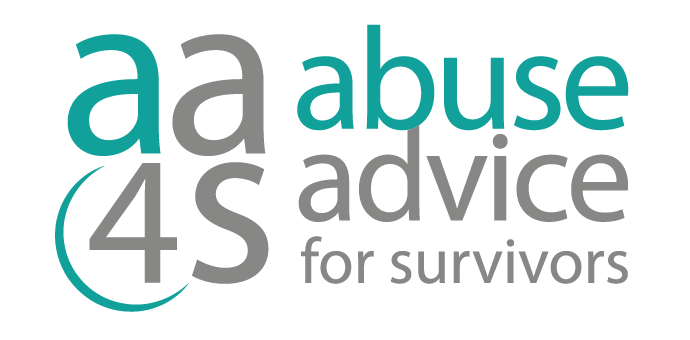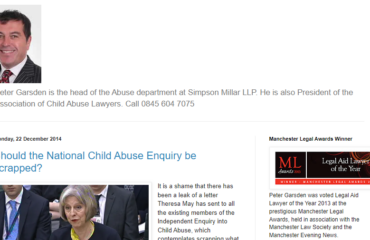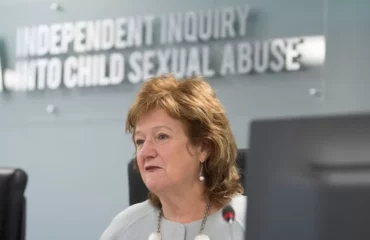
The Independent Inquiry into Child Sex Abuse (IICSA) demonstrates the scope of child sex abuse in the past, but how does it begin? The IICSA has examined not only what happened but also how it happened.
Peter Garsden, a Manchester-based abuse solicitor, discusses what grooming is and what to do if you feel a child in your life is being groomed.
What Is Grooming?
Grooming is a means of gaining a child’s confidence and can be described as a means of desensitising people to wrongdoing. If the individual performing the grooming is successful, the youngster may be less likely to reject or report harmful behaviour.
Grooming symptoms that may affect the child include:-
- Being extremely secretive, including their online activities
- Having an older boyfriend or girlfriend
- Seeing friends in unusual or unexpected settings
- Possessing new and potentially expensive items, such as a phone or clothes
- Possession of drugs and alcohol
- Sexual behaviour that is inappropriate for their age
- Wetting one’s bed
- Taking any risks
- Absence from school
- Absence from school
- Being insular
Grooming entails acquiring the child’s trust and exerting firm control over them. It is critical to remain alert to changes in behaviour and to act swiftly if you suspect anything out of the ordinary is happening.
How Does Grooming Develope?
The BBC drama, ‘Three Girls’ demonstrates how grooming can happen in person.
The girls featured are based on true stories of Rochdale girls who were groomed and sexually exploited. They are shown being provided free food and alcohol, which is a standard kind of grooming.
Yet, grooming does not take place only in person. The growth of the internet, as well as the popularity of social networks and chat rooms, has created a platform for prospective predators trying to meet young people.
Groomers will typically conceal their genuine motives and spend a significant amount of time acquiring a child’s trust. It’s also likely that the groomer may spend a long time building the trust of the child’s family so that they can be alone with them.
Groomers gain trust by doing the following:
- Lying about their true identity, especially online (e.g. their age and sex)
- Being sympathetic and providing advice
- Purchasing presents and/or bringing the child on vacation
- Giving attention
- Giving attention
The purpose of a groomer is to develop authority over the youngster so that the young person will not tell anybody about the mistreatment.
Groomers frequently tell the young people they groom:
- If they tell anyone, they will not be believed.
- If they report the abuse, they will be the one in danger, not the abuser.
How does Sexual Abuse Happen Online?
Child sexual abuse online occurs when offenders sexually exploit children using the internet. When this occurs, young people are frequently enticed to share sexually explicit images and videos.
A young person who has been groomed may be forced to:
- Send or share sexually explicit photographs of themselves.
- Conduct sexual discussions, or’sexting,’ over the phone or the internet.
- Participate in sexual acts via a camera on their phone or computer.
Young people are frequently blackmailed into participating in these activities. The groomer may threaten to send photographs or copies of dialogues to the young person’s friends and family if they do not comply.
If I Suspect Grooming Of A Child what should I do about it?
A child or young person who is subjected to sexual exploitation or even grooming is unlikely to speak up.
Young people who are exploited usually :
- Feel embarrassed
- Feel they are to blame
- They are not aware that they are being abused.
- Consider them to be in a serious “boyfriend” or “girlfriend” relationship.
If you feel a youngster is being groomed, you should seek help regardless of your relationship with them. As an initial point of contact, the police should be contacted. If the abuse occurred online, you can report your concerns to the Child Exploitation and Online Protection command. If you want to talk to someone about your worries, you can call the NSPCC Helpline.
If you think we can help you at all, please make contact with us for a without obligation chat.



